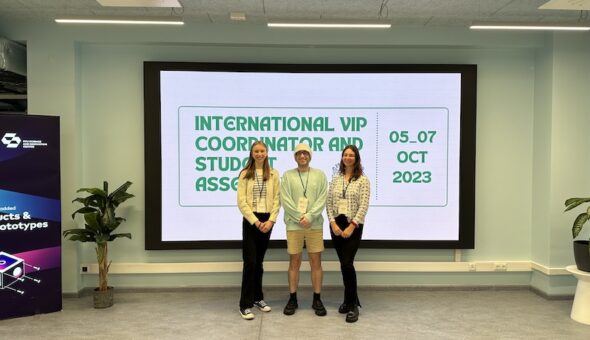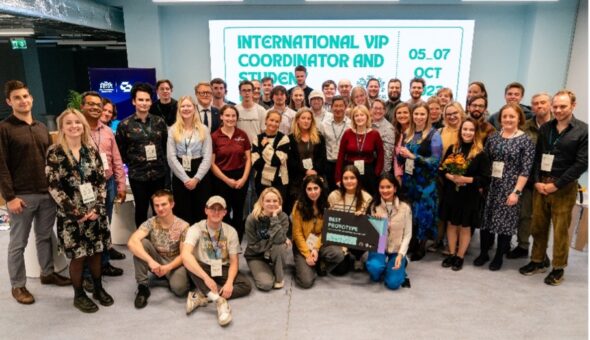The Student Engagement Ambassadors and members of the Curriculum Development Office travelled to the University of Westminster earlier this year to attend the RAISE Special Interest Group for Partnership meeting focusing on ‘Power Dynamics in Student-Staff Partnerships’. Ambassadors Luke Parr, Alice Palmer-Ross, Tamara Reid, and Matthew Dawes presented their poster at the RAISE Special Interest Group for Partnership meeting.
Matthew Dawes and Tamara Reid reflect on their experience of the event.
Matthew Dawes: "The RAISE 2019 event was a fantastic opportunity for me to partake in fascinating discussions around this hot topic. It was especially interesting at a personal level as a student on placement at the same institution I study at, and working with a wide range of staff on a daily basis. At the event we presented a poster based on the journey through the first 5 months of the placement, which attracted a lot of attention. As a result I had a lot of opportunity to share my experience so far. It was encouraging for me to hear so many positive comments based on the work I’ve completed up to this point which has inspired me to keep up with the innovative work myself and the other Ambassadors have planned to ensure the student voice is heard during curriculum transformation."
Tamara Reid's top four highlights were:
- Student staff partnerships and disrupting hierachies
Dr Lucy Mercer-Mapstone’s amazing keynote got us to acknowledge our privileges, and recognise that partnerships can’t equalise power but can disrupt it when we are willing to be radical. How? Lucy used social identity theory, which describes the process of how we identify with society or groups in that society, to demonstrate the inherent selection of groups and how the ‘us vs them’ dynamic comes into play. In this context, staff vs student. In student-staff partnerships, although those identities still exist, they exist within one larger identity of being partners. This completely shifts the interaction that the groups have. That doesn’t just apply to those aspects but many other aspects of identity such as race, sexual orientation, and gender. Because of this partnerships can be quite liberating. - Co creating curriculum in Partnership
During a roundtable discussion Carol Taylor (University of Bath) reflected on previous partnership experiences at Sheffield. Carol had bravely decided to lose control and to co-create the curriculum on educational spaces with her students. She used the first lesson to design the curriculum with her students, only bringing some key sources that would help shape this. I love this because, from an inclusive point of view, these students had the opportunity to inject their own identity into their curriculum. Very rarely do students get to do that. I think an often overlooked idea she picked up on was the need to legitimise our students’ fears about doing new things and to actively guide them through this learning experience. - Outcomes, Neoliberalism, and Agency
During the roundtable a participant noted that: ‘We need to be aware that too much focus on outcomes rather than process can destroy a sense of agency in student partners and reduce the perceived value of their commitment’. Reflecting on my own experience this really struck a chord. Sometimes we can get so bogged down in producing outcomes that we aren’t able to reflect on our progress and the things we have achieved. Neither can we appreciate the new skills we have learned and developed. Looking forward, it will be important to make sure that we, as Ambassadors, have time to build in moments for reflection.
Another participant argued that: ‘Student partnerships must not promote and reinforce neoliberalism in our institution’. Again, this was a really powerful point if we are to see these spaces as places where we can work radically. What struck me was the extent to which students view student-staff partnerships as neutral spaces, yet upon entering this space find out that what they do is influenced by various agendas and politics. This has an impact on student autonomy and agency over their projects and again will likely result in an outcomes-based focus. - Language
Despite spending the whole day speaking about power I believe we forgot about the
power of language. Throughout the day there was a lot of talk about ideas like post-humanism and neoliberalism, which to those in the room who knew nothing about the two left them feeling excluded. It led me to think about students in student-staff partnerships or in the classroom. If we are to assume the identity of partners we also need a shared language through which we can communicate ideas. Rather than assuming that students don’t know what they are talking about when it comes to learning and teaching, we need to actively align our levels of pedagogical language with them.
Respond



